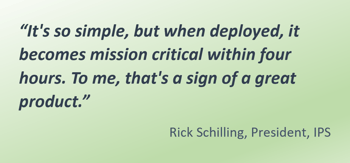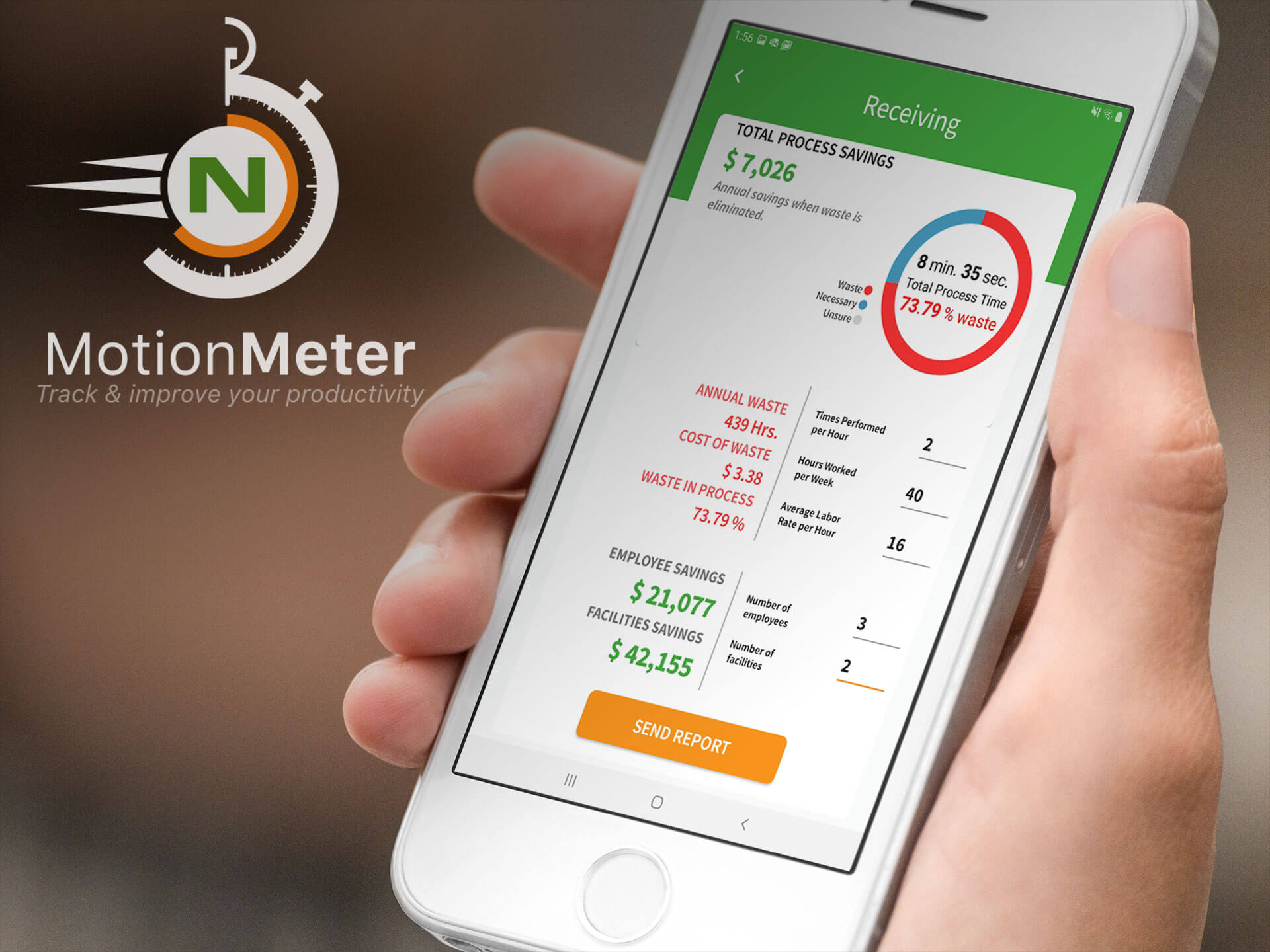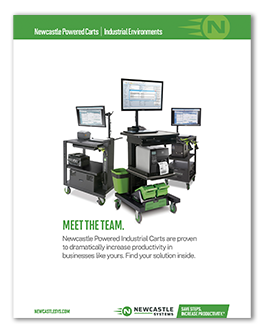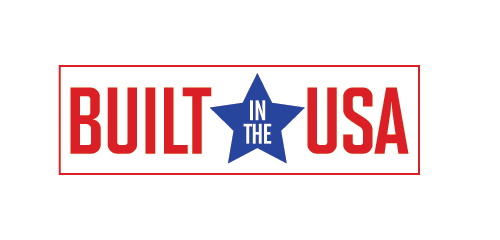When the leadership of McCollister Global Services – a New Jersey-based national provider of transportation services known in the industry as “an employer of choice” - looked for help with process improvement and equipment upgrades, they got more than they asked for while working with Integrated Productivity Systems (IPSi) in nearby Lansdale, PA.
 They got a process audit that revealed a stubbornly unacceptable level of inventory and relabeling accuracy, resulting in missing or late deliveries, and wasted hours correcting the errors - or in the worst case – losing revenue and customer satisfaction. As an agency of United Van Lines, the McCollister team knew that for both United Van Lines and their end customer, this was going to be their problem if they could not address faster.
They got a process audit that revealed a stubbornly unacceptable level of inventory and relabeling accuracy, resulting in missing or late deliveries, and wasted hours correcting the errors - or in the worst case – losing revenue and customer satisfaction. As an agency of United Van Lines, the McCollister team knew that for both United Van Lines and their end customer, this was going to be their problem if they could not address faster.
While McCollister’s originally reached out to IPSi to help identify upgrades that might help address the accuracy challenges, President Rick Schilling saw a bigger opportunity to change the process that would not only greatly improve accuracy but also reduce the time required - making it far more efficient even without the accuracy improvements.
 McCollister’s staff was walking back and forth, often out of sight of the actual work at hand to access the various pieces of hardware and consumables needed to do their work. IPSi quickly saw how that time could be reclaimed by mounting the various tools needed to perform their tasks on a Newcastle Systems mobile workstation cart, thereby allowing them to bring the tools to the work instead of walking back and forth between the two. As Rick notes in this video, it’s what appears to be a very simple solution, but the product quality and the execution of the solution typically generates an observable ROI within weeks, or in this case, according to Rick, even hours:
McCollister’s staff was walking back and forth, often out of sight of the actual work at hand to access the various pieces of hardware and consumables needed to do their work. IPSi quickly saw how that time could be reclaimed by mounting the various tools needed to perform their tasks on a Newcastle Systems mobile workstation cart, thereby allowing them to bring the tools to the work instead of walking back and forth between the two. As Rick notes in this video, it’s what appears to be a very simple solution, but the product quality and the execution of the solution typically generates an observable ROI within weeks, or in this case, according to Rick, even hours:
 The results went far beyond the original goals McCollister had for addressing their accuracy challenges. Unlike some new solutions that have to fight through resistance to change, getting interest and adoption with the teams on the floor was seamless and instantaneous due to the ergonomics and ease of use. Not only did it improve productivity, but reduced the daily fatigue and human error that came with the legacy process where all the tools were separate and stationary, requiring a lot of extra walking to complete simple tasks.
The results went far beyond the original goals McCollister had for addressing their accuracy challenges. Unlike some new solutions that have to fight through resistance to change, getting interest and adoption with the teams on the floor was seamless and instantaneous due to the ergonomics and ease of use. Not only did it improve productivity, but reduced the daily fatigue and human error that came with the legacy process where all the tools were separate and stationary, requiring a lot of extra walking to complete simple tasks.
And how did the teams on the floor who actually have to use them adjust to both a new tool AND a major process change introduced together? The McCollister team has already given their fleet of carts a nickname – calling them “Marties”. As noted earlier by IPSi’s Rick Schilling, the difference was obvious even on the first day of use – almost zero time required to adapt and new efficiencies from Day 1.
 Teams referred to the time they saved along with the time – and steps – they no longer wasted. With what sometimes amounts to enormous numbers of inventory corrections either in the wrong bin or scanned to the wrong one, the concept of “bringing your office to the warehouse” was an immediate winner for the teams on the floor.
Teams referred to the time they saved along with the time – and steps – they no longer wasted. With what sometimes amounts to enormous numbers of inventory corrections either in the wrong bin or scanned to the wrong one, the concept of “bringing your office to the warehouse” was an immediate winner for the teams on the floor.
Newcastle System’s own VP, Kevin Ledversis, notes that one of the most compelling benefits of providing a more ergonomic and fatigue-reducing tool as part of the process is that this solution comes at an intersection of two important aspects of Lean thinking: The endless striving for efficiency and productivity along with “respect for the worker” (by not having them endure unnecessary physical activity or wasted motion).
In a world racing faster to visualizing a fully automated workspace staffed by industrial robots, AI, and other advanced machines, Kevin reminds us that well over 90% of the industry is still not even close to that. This means that the people that do the work day in and day out will continue to be – and should be – an even larger priority than ever before. With logistics, operations, and related supply chain jobs requiring a growing set of skills, and with staffing remaining challenging as ever, solutions that demonstrate value win every time.










